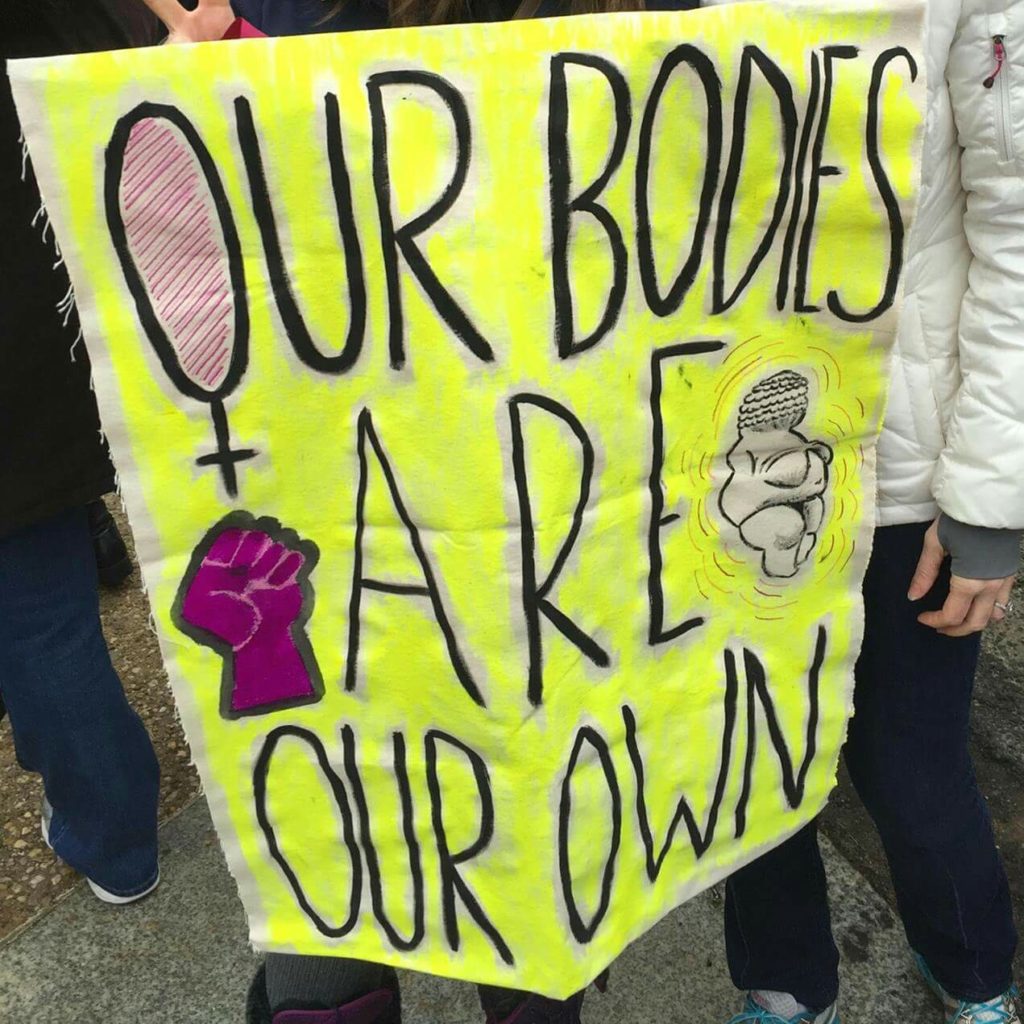“This will be the making of you.” That’s what I said to myself the day I got laid off. I repeated it over and over, quietly, in rhythm with my steps as I walked away from the meeting in which I was abruptly cut loose after 10 years. I put one foot in front of the other as I shook with anger, fear, and adrenaline. In the weeks that followed, the phrase kept coming back to me, streaming across my thoughts like sky-writing, until it became a mantra. When I said it out loud, always under my breath, I felt my nostrils flare slightly, my jaw set into a determined posture, my gaze become steady and sure. I had nothing to lose. The worst had happened, and all that was left was to sift through its ruins and rebuild myself in the image of whatever was buried underneath, waiting.
I didn’t know it was waiting. Before I was laid off, I didn’t know that I had been enduring a version of the “boiling frog” syndrome, in which my work environment became more demanding and less hospitable with every passing day. Dreading my morning commute was the norm, followed by long days spent feeling like a failure despite my efforts to work both hard and smart. Little did I know that none of that mattered, as a plan had been in place for months to eliminate my position, and in the process erase any trace of my contributions and goodwill, without so much as a conversation, a request for my input, or a warning. In the end, it was not about me; it was about them – those who engineered my departure – and they had made it clear they did not value my accomplishments any more than my humanity.
I’ve been thinking a lot about that period in my life lately, because there’s something eerily similar to the way I’ve felt since the election: shocked, vulnerable, and angry. Though I’ve certainly moved beyond the initial paralysis into engagement and resistance, an undercurrent of powerlessness remains. It surges to the surface every time our new President flouts protocol or sidesteps the checks and balances that are supposed to ensure that governing our country is at least a collaborative effort, if not always an equitable one.
For the record, I know that we are not powerless. I see evidence of our collective influence every time a predictable outcome proves suddenly unpredictable, an elected official stands firm in the face of intimidation, or a firestorm of hatred flares for those who refuse to apologize for being their full selves. I know we are not powerless, but our humanity – the humanity of those the Administration abhors – is dismissed, ignored, and actively suppressed at every turn. And most days I feel nothing but disheartened for the future. I fully realize this is a burden that People of Color, American Muslims, and LGBTQ folks have carried – and continue to carry – with grace and resolve. As a woman I have also felt it, in ways both subtle and jaw-droppingly overt, but never before have I feared for the safety of so many who I consider my community. I am struggling to find a way to walk through the world with my sense of wonder and joy intact. I am looking for the right armor, for a sword made of gleaming words or razor-edged ideas that fits in my palm and cuts through the seemingly endless onslaught of malevolence that rains sideways at us every. damn. day.
In this struggle I’m returning to image-making. I used to be a passionate amateur painter, with boxes of oils, watercolors, and pastels to prove it, but I hadn’t picked up a brush in probably twelve years until the week before the Women’s March. My travel plans were locked; my bag was stuffed with cold-weather layers and supplies; only then did I consider what I wanted my sign to say. What I wanted to say. At first, I drew a blank – confounded by the vast significance of the event as well as the universe of possibilities for how precisely to capture my rage and alienation. I mean, where to begin, amirite ladies?? I googled for images of protest signs and slogans; I brainstormed punny versions of popular phrases; I considered symbols that represented strength, resilience, and power. I eventually landed on a simple statement paired with well-worn iconography that seemed to reflect where I was at: not particularly clever or Instagram-worthy, but mine.

It wasn’t until I got to the March in DC that I realized that the search for a slogan, for an image that resonated, had actually been more valuable than the ‘aha’ moment when I chose one, because it had reintroduced me to our history. Standing in a tide of marchers, all of us buzzing with hope and fire, I saw the faces of our heroes pasted boldly on signs and bobbing above the crowd: Shirley Chisolm, Rosa Parks, Dolores Huerta, Angela Davis, Gloria Steinem, and – yes, more than once, Princess Leia. It may seem laughable, insulting even, to include her in that list of Feminist icons, but fictional heroes can be just as powerful in lending courage and self-determination to the work of resistance. When we feel hopeless, we borrow their optimism. When we feel vulnerable, we channel their steel. When we feel beaten, we rely on their strength to help us rise. We wear talismans, or mimic the way they dress because it helps us believe that we too might be more than just blips on the relentless heartbeat of history. We need our heroes, whether living, ancestral, or fictional. They walk beside us, among us, as we march. They lean over to whisper in our ears:
“This will be the making of you.”
